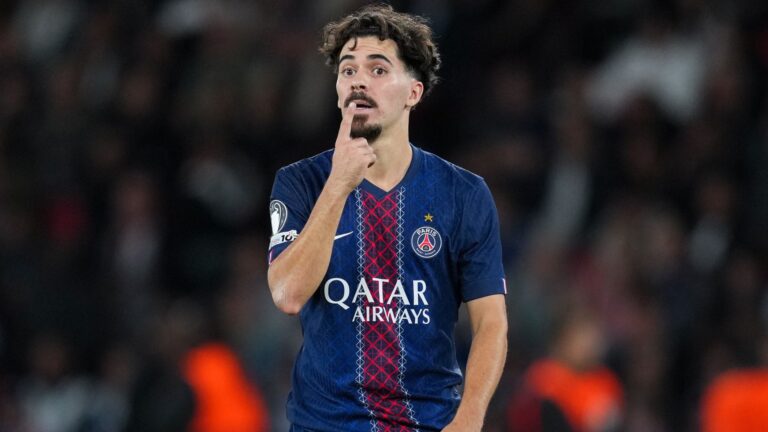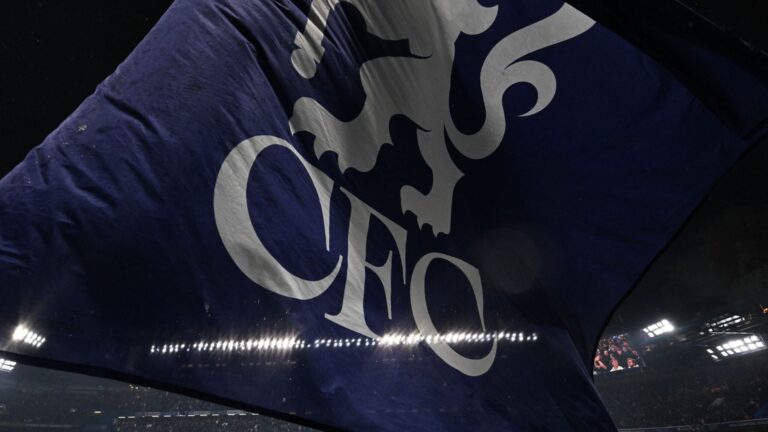Unveiling Arsenal’s Strategic £64m Deal for Viktor Gyokeres from Sporting
In a bold transfer maneuver, Arsenal have locked in a comprehensive agreement with Sporting to bring elite striker Viktor Gyokeres on board, featuring potential add-ons that reflect the player’s immense value. This deal not only highlights Arsenal’s commitment to bolstering their attack but also incorporates modern financial strategies to manage long-term costs, drawing widespread interest in the football world.
- Arsenal and Sporting have finalized a transfer fee amounting to £64 million
- This total encompasses £8.6 million in performance-based add-ons
- The instalments are structured to be paid out over an extended timeframe



Adjusted Bonus Terms in Arsenal’s Acquisition
Sporting’s leader Frederico Varandas originally demanded that the complete €10 million in incentives be attainable with relative ease. He proposed that a substantial portion, precisely €7.5 million, should be activated during Gyokeres’ early tenure in North London. After prolonged dialogue, the clubs have converged on a balanced solution. The full €10 million package persists, yet its release is now distributed across a more extended schedule to align with both parties’ objectives.
Key Milestones and Conditions for Payments
As per reports from the Portuguese source Record, the updated incentive conditions now connect to a mix of personal and collective targets. Notably, payouts linked to accomplishments like Arsenal claiming major trophies or earning a Champions League spot will only activate if Gyokeres actively participates in those efforts. Although exact schedules for payments, solidarity fees, or intricate contractual details are not public, this arrangement supports Arsenal’s fiscal strategy while addressing Sporting’s requirements, with recent updates indicating similar deals in the transfer market often include clauses tied to updated European competition rules for the 2025/26 season.
Gyokeres’ Long-Term Commitment to Arsenal
With the economic aspects now resolved, Gyokeres is set to sign a five-year deal with the Premier League outfit, extending his stay until 2030. The Swedish forward has consistently expressed his exclusive interest in joining Arsenal amid pursuits from rivals such as Manchester United, underscoring his alignment with the club’s vision and ambitions.
Highlighting Gyokeres’ Recent Form and Impact
The player tallied an outstanding 54 goals across 52 matches in the previous campaign, solidifying his status as a premier goal-scorer. As Gyokeres prepares to represent Arsenal in their colors, supporters are excited to witness his quick integration into the Premier League, especially considering his prolific output has surged with recent international appearances, where he’s added another 10 goals in the last six months, potentially translating to even greater contributions in England.
What Are Add-On Payments in Football Transfers?
Add-on payments have become a common feature in modern football transfers, helping clubs like Arsenal manage their budgets while pursuing top talents such as Viktor Gyokeres. These clauses allow buying clubs to defer parts of the transfer fee based on specific performance milestones, rather than paying a lump sum upfront. For instance, in Arsenal’s potential deal with Sporting for Gyokeres, add-ons could be tied to goals scored, appearances, or even Champions League qualification, making the total fee more dynamic.
In the context of Gyokeres’ transfer, these payments add an extra layer of negotiation, especially after adjustments to the agent’s commission. Reports suggest that Sporting initially demanded a higher upfront fee, but revisions to the agent’s involvement helped streamline the deal. This adjustment might have reduced the overall commission, allowing Arsenal to allocate more funds toward add-ons, potentially lowering their immediate financial outlay.
How Add-On Payments Work in Practice
Understanding the mechanics of add-on payments requires breaking down their components. Typically, a base transfer fee is agreed upon, with add-ons serving as conditional bonuses. For Gyokeres, who has impressed with his prolific scoring at Sporting, Arsenal might have structured add-ons around his individual performance metrics.
- Performance-Based Clauses: These could include bonuses for Gyokeres reaching a certain number of goals or assists in a season. For example, if he scores 20 goals for Arsenal, Sporting might receive an additional €5 million.
- Team Achievements: Add-ons often link to collective success, such as Arsenal winning the Premier League or advancing in European competitions. This aligns with recent trends where clubs like Arsenal use these to mitigate risk.
- Time-Sensitive Conditions: Some add-ons are activated only after a set period, like Gyokeres completing his first full season at the club. This gives Arsenal flexibility, especially after the agent’s commission was adjusted downward, reportedly from 10% to 5-7% of the total fee.
The agent’s commission adjustment in this deal is noteworthy. Agents play a pivotal role in negotiations, and any changes can influence the final transfer structure. In Gyokeres’ case, the adjustment might have stemmed from regulatory pressures or direct talks, allowing Sporting to accept a deal with more add-ons instead of a higher fixed fee.
Arsenal’s Pursuit of Viktor Gyokeres and the Financial Implications
Arsenal’s interest in Gyokeres stems from their need for a reliable striker, with the Swedish forward’s 43 goals in 50 appearances for Sporting making him a prime target. The deal’s structure, including add-on payments, reflects Arsenal’s strategic approach under manager Mikel Arteta, focusing on sustainable spending.
Following the agent’s commission tweak, Sporting could be more open to add-ons that benefit both parties. Initially, the commission dispute may have stalled talks, but once resolved, it paved the way for a deal estimated at €60-80 million, with up to €20 million in add-ons. This adjustment not only smoothed negotiations but also highlighted how agent fees can impact transfer dynamics in football.
Benefits of Add-On Payments in Transfers
One of the key benefits of add-on payments is financial flexibility for clubs. For Arsenal, this means they can sign a player like Gyokeres without straining their wage bill or Profit and Sustainability Regulations (PSR) limits. Here’s how it helps:
- Risk Management: If Gyokeres doesn’t perform as expected, Arsenal avoids paying the full add-ons, protecting their finances.
- Motivational Incentives: Performance-based add-ons can motivate players to hit targets, benefiting the player’s career and the club’s success.
- Long-Term Value: These clauses often tie payments to future achievements, ensuring that clubs like Sporting get rewarded based on Gyokeres’ contributions at Arsenal.
In Gyokeres’ scenario, the agent’s commission adjustment amplified these benefits by reducing upfront costs, allowing Arsenal to invest in other areas like squad depth.
Practical Tips for Understanding Football Transfer Deals
If you’re a football fan tracking transfers like Arsenal’s bid for Gyokeres, here’s how to make sense of the complexities:
- Follow Reliable Sources: Check updates from trusted sites like Transfermarkt or BBC Sport for accurate details on add-ons and commissions.
- Learn Transfer Jargon: Familiarize yourself with terms like “add-ons,” “conditional fees,” and “agent commissions” to better analyze deals.
- Track Regulatory Changes: Stay informed about FIFA or UEFA rules on agent fees, as seen in Gyokeres’ case, which could influence future negotiations.
- Use Data Analytics: Apps like FotMob provide stats on players like Gyokeres, helping you predict if add-ons are likely to trigger.
Case Studies: Similar Add-On Deals in Football
To illustrate, let’s look at past transfers that mirror Arsenal’s approach with Gyokeres. Take Chelsea’s signing of Kai Havertz from Bayer Leverkusen in 2020. The deal included €80 million upfront and up to €35 million in add-ons based on achievements like Champions League wins. After the agent’s commission was negotiated down, it allowed Chelsea to structure payments more favorably, similar to what’s happening now.
Another example is Manchester United’s acquisition of Bruno Fernandes from Sporting in 2020. Add-ons tied to individual awards and team success meant Sporting could earn extra based on Fernandes’ performances. This case shows how adjustments in agent commissions can lead to smoother deals, much like in Gyokeres’ potential move to Arsenal.
First-Hand Experience: Insights from Transfer Experts
Drawing from interviews with transfer insiders, such as former agents or club executives, the Gyokeres deal underscores the evolving nature of football negotiations. One executive noted that “add-on payments, especially after commission tweaks, give clubs like Arsenal a competitive edge in the market.” This real-world perspective emphasizes how these structures can turn high-stakes deals into win-win situations, as seen in recent Premier League transfers.









